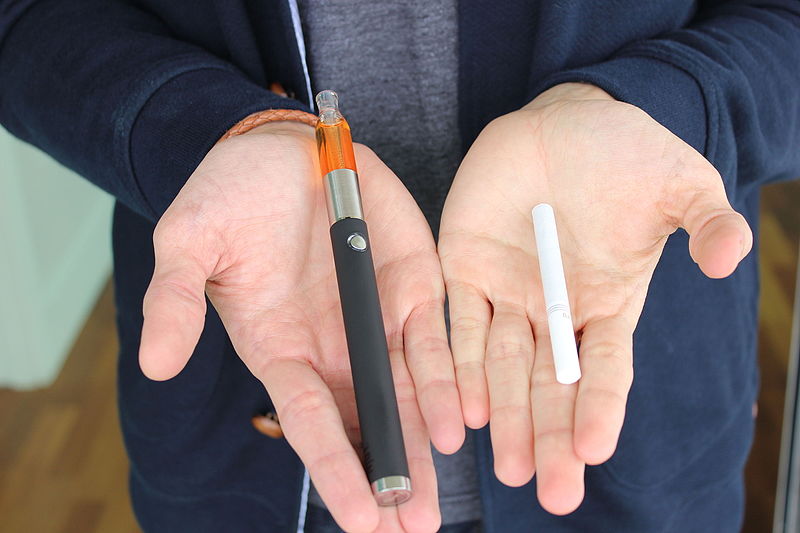
In spite of clear medical evidence and basic economics, politicians in Georgia are trying to impose a new 7 percent tax on vapor products. The evidence is clear—a vape tax would be bad for Georgia’s physical and economic health.
Senate Bill 375 (SB 375) passed the House on a 123-33 vote June 25th. Though the proposal’s goal is ostensibly to curb youth use of vapor products, evidence from other states that have tried this route shows that there will be serious unintended consequences.
A recent study by the National Bureau of Economic Research found that a vape tax in Minnesota prevented about 32,400 adult cigarette smokers from quitting. The reason for this is obvious—smokers use vaping products to quit, but when taxes make vapes more expensive, smokers are discouraged from using them. It’s basic economics.
A Georgia State University study found similar results for other states that have recently implemented vape taxes. The study found that for every 10 percent increase in taxes on nicotine vapor products, cigarette sales rose 11 percent. E-cigarette sales also dropped 26 percent, proving these taxes are pushing consumers to use unhealthy traditional cigarettes.
This research paints a worrisome picture. While there are still risks associated with vaping, it is clearly much healthier than smoking. In fact, health experts estimate that vaping is 95 percent less harmful than smoking traditional cigarettes. Given that higher taxes on vapes will lead to more traditional cigarette use, legislation like Georgia’s SB 375 will lead to negative health consequences, while imposing a regressive tax hike that disproportionately harms those who can least afford the added cost.
Vaping tax hikes disproportionately harm low income Americans who are least able to afford a higher tax burden. If SB 375 is enacted, it will prevent mostly low income Georgians from using safer alternatives to quit smoking. Money hungry politicians may care more about the immediate $14.5 million in revenue the tax will generate, but Georgians who are trying to quit smoking will care more about the impact on their personal health for decades to come.
Unfortunately, the push to raise vape taxes is not confined to Georgia. Similar efforts are underway in Colorado and California. In addition to being bad health and fiscal policy, these proposed vaping taxes also make for terrible politics. An October 2019 poll found that 83 percent of vapers are single-issue voters, meaning that where a candidate stands on vaping issues is the most important factor in determining how they will vote. It is easy to understand why someone trying quit smoking, a literal attempt to save their life, would care about this a lot. Politicians who support these tax increases do so at their own peril.
House passage of this tax hike this week comes despite the fact that Georgia House Speaker John Ralston (R-Blue Ridge) previously stated that he was opposed to further tax hikes this session. If this tax increase were to get to Governor Brian Kemp’s desk, it would be a violation of the written commitment Governor Kemp made to Georgia voters to “oppose and veto any and all efforts to raises taxes.”
SB 375 now goes to the Georgia Senate for further consideration. This comes after the Senate Finance Committee approved a bill that contains both a vape tax as well as a massive increase in traditional tobacco taxes. House Bill 882 would more than triple Georgia’s current 37-cent per pack tax rate for cigarettes while also creating a vape tax that would have similar effects to that of SB 375.
Tax hikes of all stripes should be off the table as Georgia begins to recover from the pandemic-driven downturn. The regressive proposals under consideration will actively harm Georgia’s economic and physical health and thus should be swiftly rejected.

